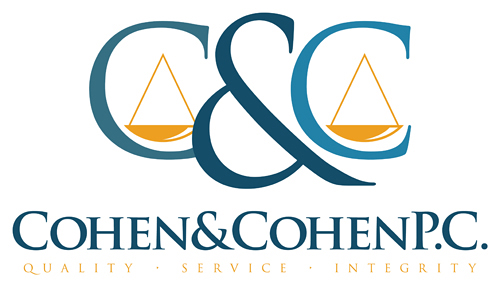Guess What? You Owe Taxes on your Settled Debt!
If you thought that settling your debt would be the end of it, think again. The amount you save through debt settlement is considered income and is taxable!
Many consumers who end up settling their debt will receive an unwelcome surprise from the taxman: a 1099-C for debt forgiveness. The IRS will send you a Cancellation of Debt if an identifiable event occurs that forgives debt in excess of $600. The rationale is that when you borrow money it’s not taxable because it is assumed it will be paid back. But once it is forgiven the IRS views the benefit (everything that the debt was used for) as a windfall because there is no longer the obligation to repay.
For the unaware this is at best a shock, at worst, a major setback to the consumer who has settled his or her debt and trying to move forward. Although the amount owed to the IRS or state is still likely less than the total debt that was settled, if the consumer is caught flat footed it can cause a whole host of other problems.
The good news is that in some instances debt forgiveness IS NOT A TAXABLE EVENT. If the consumer filed bankruptcy, is otherwise insolvent, or fits within another limited exception the debt forgiveness is not taxable. Check out IRS form 982 for more information and talk to a tax professional.
Remember that the company forgiving the debt is obligated to report it to the IRS if it is over $600. That’s non-negotiable.
Checklist:
- Make sure the form 1099-C is accurate;
- Review Form 982 to make sure there are no exceptions such as bankruptcy;
- Does it fall within a separate exception (such as the Mortgage Forgiveness Debt Relief Act of 2007; Set to expire December 31, 2013).
- Speak to your accountant, there may be unique circumstances in your case (such as loss carryovers) that can absolve you of debt forgiveness income.

